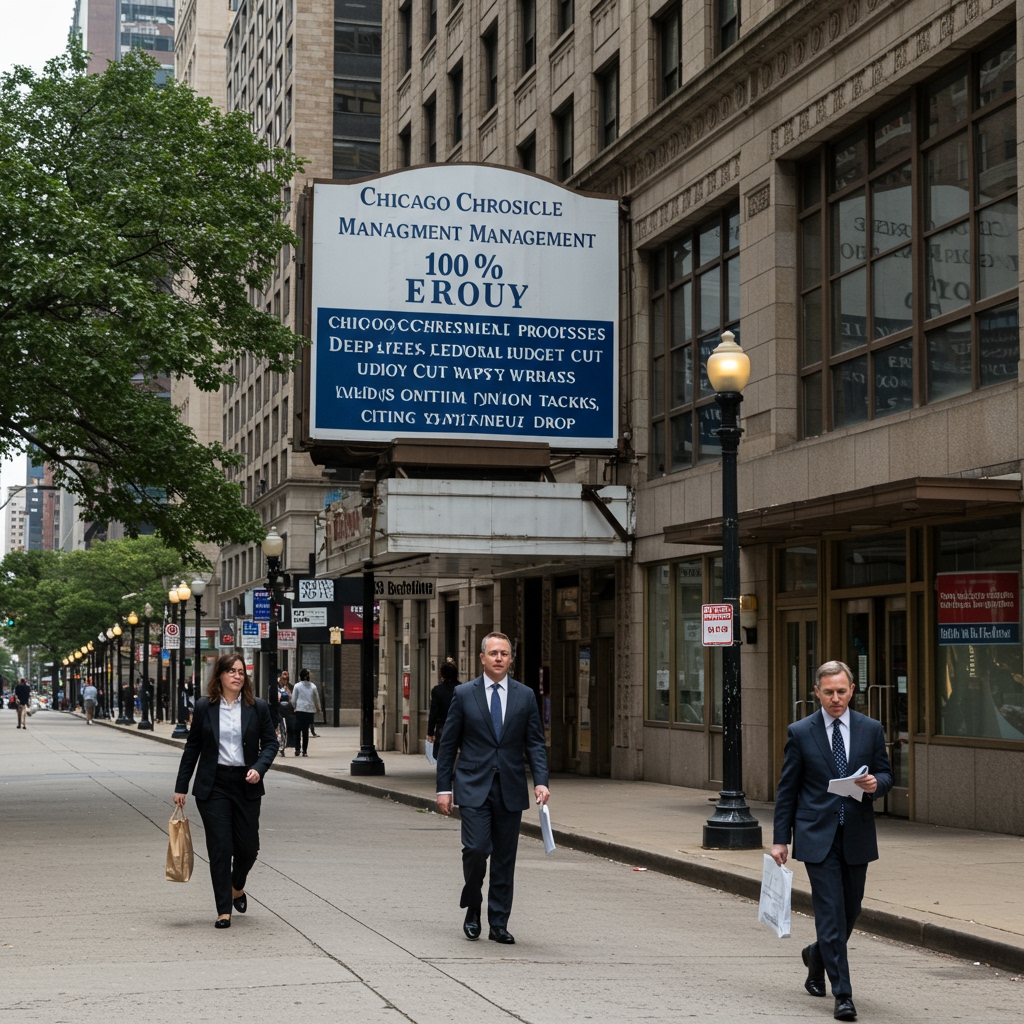In a significant development for Chicago’s sports and urban planning landscape, the City Council has granted final approval for the Chicago Fire FC’s new soccer stadium planned for the South Loop’s “The 78” development site. This approval marks a pivotal moment, not only as the first major stadium construction in the city in three decades but also as a potential paradigm shift for how large-scale sports venues are financed and built. The successful navigation of this project by Chicago Fire owner Joe Mansueto, through a model of nearly exclusive private funding, stands in stark contrast to the stalled, publicly-financed stadium ambitions of other major Chicago sports franchises, offering a clear lesson in how to get ambitious projects realized in the city.
The Mansueto Approach: Private Capital Cuts Through Gridlock
Chicago billionaire Joe Mansueto, founder of the investment research firm Morningstar, is set to privately finance the approximately $750 million project. The new 22,000-seat stadium, designed to be a soccer-specific venue but adaptable for other events, will anchor Related Midwest’s ambitious $8 billion mixed-use “The 78” megadevelopment along the Chicago River. This privately funded approach has allowed the project to move forward with remarkable speed, securing approvals from the Chicago Plan Commission, the City Council’s zoning committee, and the full City Council within a short timeframe.
Mansueto has been vocal about his commitment to this model, stating that “a world-class city deserves a world-class football club — with a world-class home to match”. His willingness to invest his personal fortune into the stadium, rather than relying on taxpayer dollars, has been credited with bypassing the political entanglements that have ensnared other stadium proposals in Chicago. This editorial perspective suggests that Mansueto’s success is not merely an anomaly but a demonstration of a viable strategy: when owners are prepared to shoulder the financial burden, projects gain significant momentum.
A Stark Contrast: Public Funding and Political Stalemates
The ease with which the Chicago Fire stadium received approval stands in sharp contrast to the protracted struggles of the Chicago Bears and the Chicago White Sox in their quests for new venues. Both teams have publicly sought substantial public funding and faced significant political hurdles, including resistance from state officials like Governor J.B. Pritzker, who has expressed skepticism about using taxpayer money for private enterprises.
The Bears, for instance, proposed a $4.75 billion project that included a significant public subsidy of around $2.4 billion, primarily through extended hotel taxes. This plan has stalled, bogged down by legislative challenges and the Governor’s office’s stance that such proposals are a “non-starter” without clear, demonstrable benefits to taxpayers. Similarly, the White Sox have explored options for a new ballpark, often with an expectation of public financial partnership, which has also met with political headwinds. Research on stadium financing consistently indicates that while public funding is common, it often represents a poor public investment, with economic benefits frequently overstated. The Mansueto model sidesteps these contentious debates by relying on private capital.
The “The 78” Catalyst and Future Implications
The Chicago Fire stadium is not just a standalone sports facility; it’s designed to be a cornerstone of “The 78,” a transformative 62-acre mixed-use development in the South Loop. This project promises to inject new life into a long-dormant area of the city, incorporating residential units, commercial spaces, public plazas, and riverfront access, creating a vibrant, year-round destination. The stadium’s presence is expected to catalyze further investment and economic activity, generating thousands of jobs and contributing to Chicago’s tax revenue.
While Mansueto is funding the stadium itself, the broader “The 78” development may still involve infrastructure considerations that require public-private collaboration. However, the core stadium construction being privately bankrolled is a critical distinction that has streamlined its approval process. This news serves as an important editorial on the efficacy of private investment in public-facing infrastructure projects in Chicago.
A Model for Ambitious Projects
The successful approval of the Chicago Fire’s stadium, entirely through private financing, offers a compelling blueprint for future large-scale developments in Chicago. It highlights that while public funding can be a pathway, it is also a path fraught with political complications and taxpayer scrutiny. For other team owners seeking new homes, Mansueto’s achievement underscores the power of private capital to overcome obstacles. The message from this editorial is clear: those willing to finance their ambitions privately can achieve their goals, demonstrating that a commitment to “digging into their own deep pockets,” seeking private partners, or even considering sales to those who will, can be the most effective strategy for realizing ambitious projects in Chicago. This news invigorates discussions about the city’s development future.















